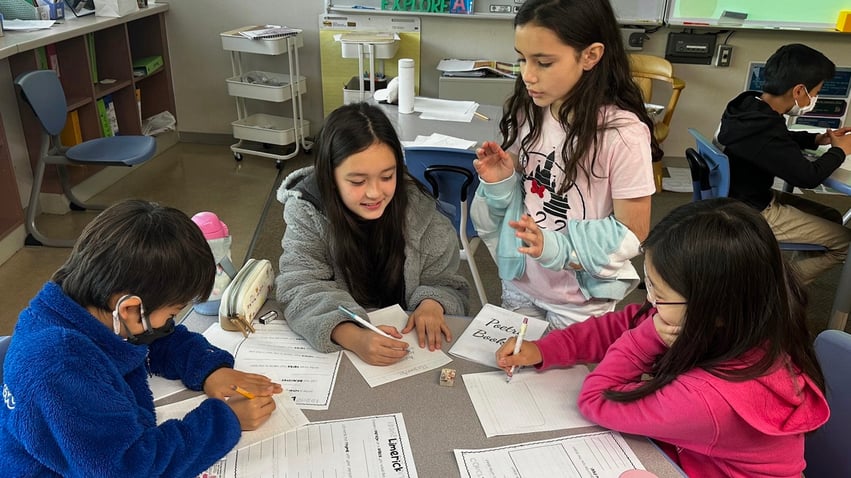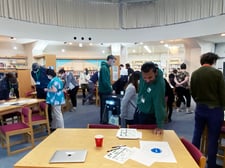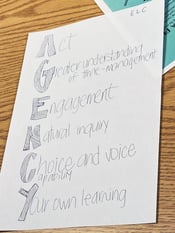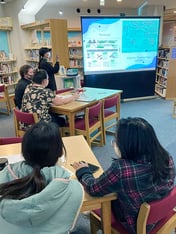
As an IB PYP school at NIS we recognize the importance of ensuring that our learners have “agency”. The IB describes agency in the following way:
"Conceptualized by Bandura in social cognitive theory, agency “enable[s] people to play a part in their self-development, adaptation, and self-renewal with changing times” (Bandura 2001). PYP students with agency use their own initiative and will, and take responsibility and ownership of their learning. They direct their learning with a strong sense of identity and self-belief, and in conjunction with others, thereby building a sense of community and awareness of the opinions, values and needs of others."
In order to promote and develop agency in our students we make space in the curriculum for our students' voices to be heard, provide them with opportunities to make choices and ensure they have complete ownership over some parts of their day.

Recently the elementary teaching team took part in some inhouse professional development around student agency. As PYP teachers we strive to ensure the students have voice, choice and ownership in their learning which over time will help them to become agentic learners who willingly take action. In small teams we listed all the ways we currently promote agency and then we added suggestions to the lists of other teams to build collective toolkits.
These ideas were then made into posters so that we can not only celebrate what we are already doing but also remain mindful of the possibilities we can give our students.



You can support your children at home by asking yourself the following questions:
When does my child get to express their opinion or ideas for activities we do at home?
What choices do I let my child make by themselves so that they learn to make choices independently?
What parts of home life is my child in control of?
Of course this does not mean that your child makes all the decisions by themselves and we need to model these behaviours and guide them so that they can take on these agentic moments more successfully. Building your child's independence supports their growth as well as agency and can be done at any age!





